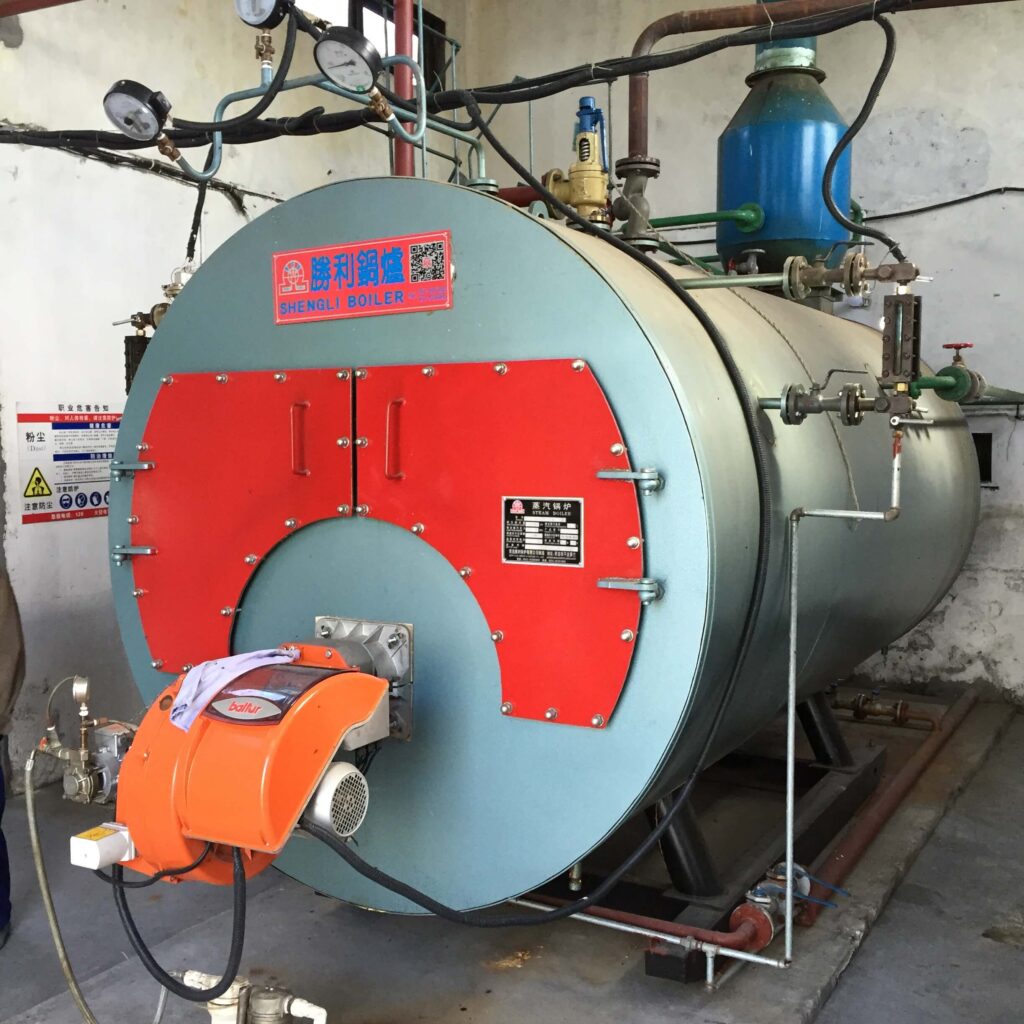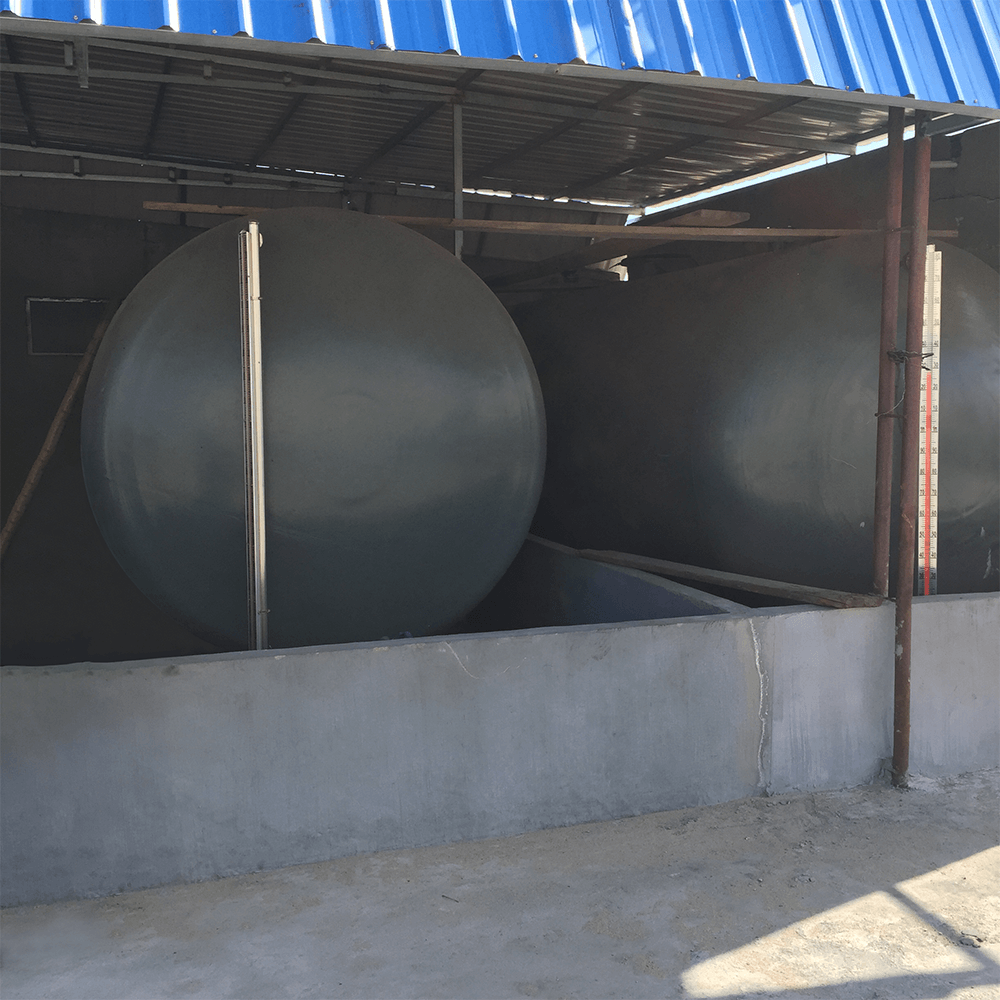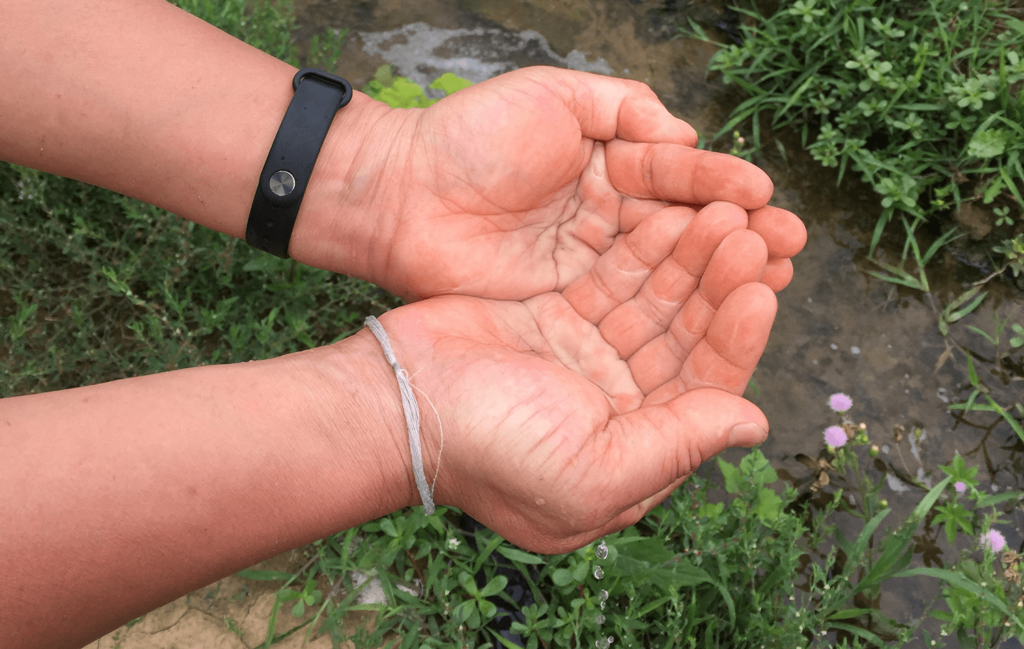We are always looking for ways to run our factory more efficiently with less waste generated. A few years back we replaced our coal-fired boiler with a hydrogen boiler. Coal-fired boilers were the powerhouses of Chinese factories for years, and although we had a fairly low-emission boiler it was time to retire it. The only omission from the hydrogen boiler is water – in a negligible quantity.
Like any food factory we require a large volume of water. Our water is artesian from our own well, a sustainable source. We are also putting back the water we remove via irrigation of our farms.
When we took over our factory complex it included an old winery building from the 1980s which we could not find a production use for. We converted the large concrete tanks in this old winery into a series of aeration and settling tanks for the treatment of our wastewater. We learnt what worked and in 2017 expanded and improved the system to include another treatment plant. In total we now ‘recycle’ more than 100 MT of water daily. After treatment the quality of the water leaving the factory is clean enough to support fish life. We use it to irrigate our fields – it is piped to our Waikawa farm block, a distance of about 300m.
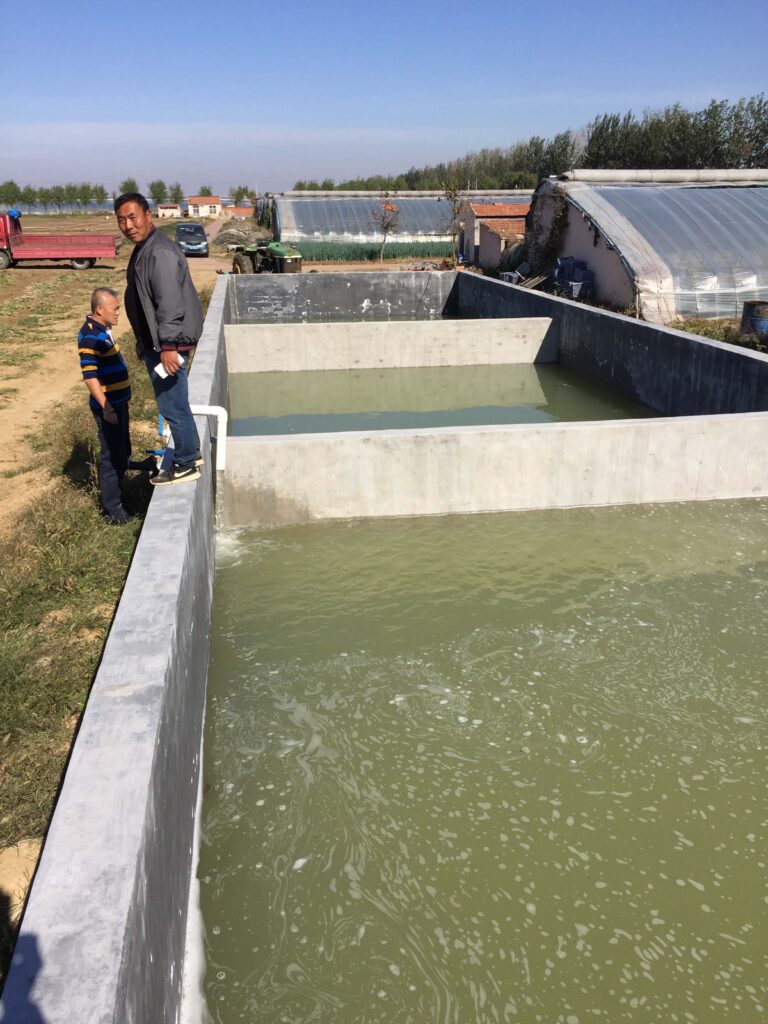
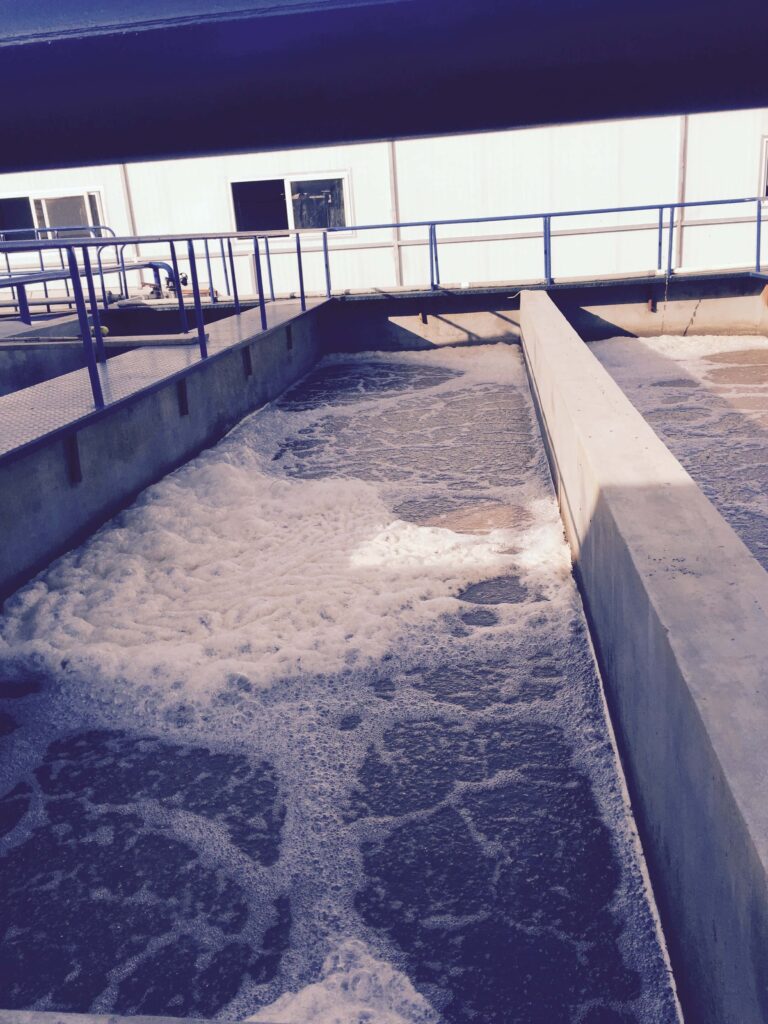
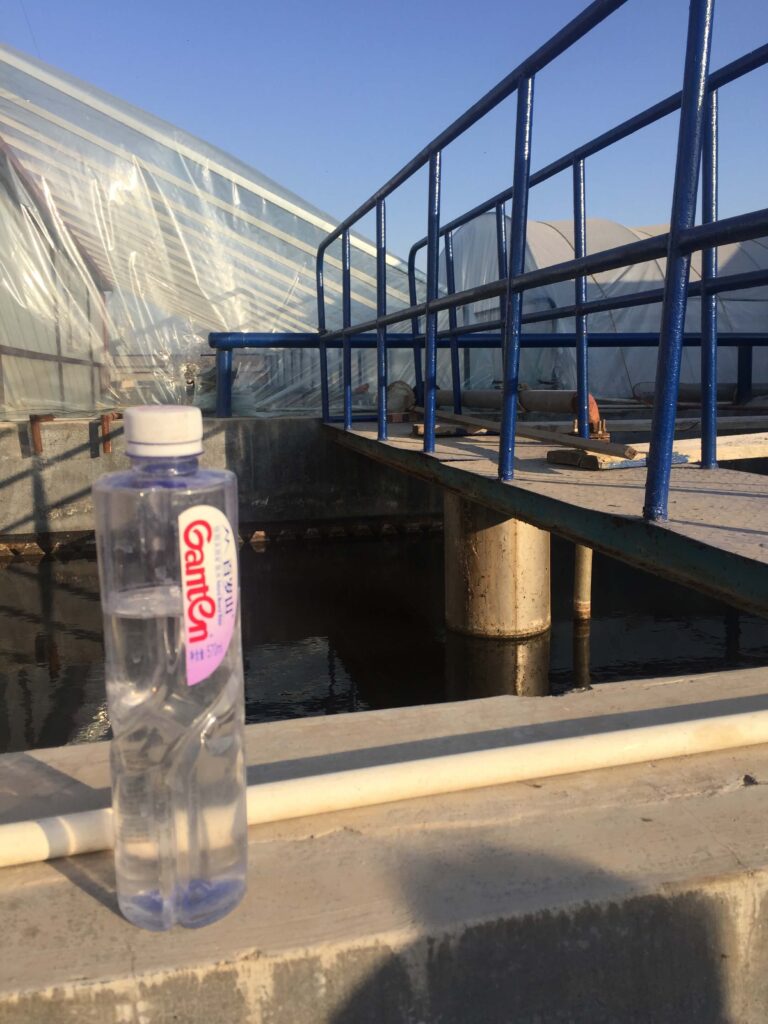
Our irrigation water is crystal clear, frogs and fish happily live in our farm reservoirs
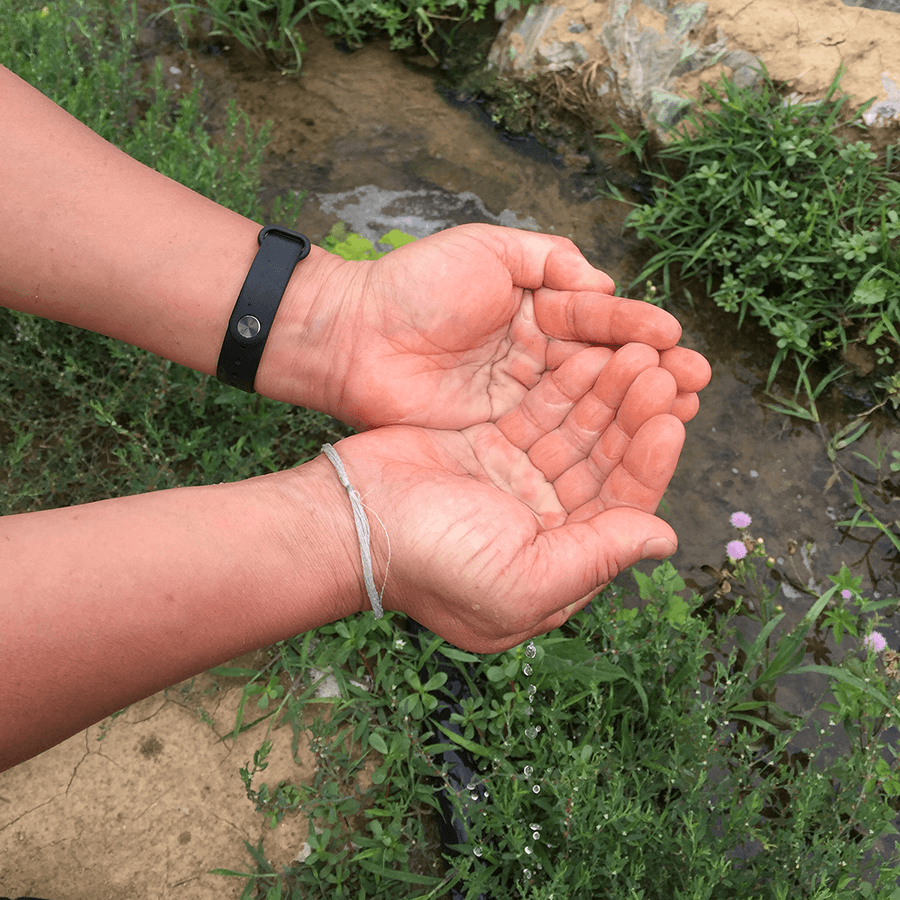
There have been many positives moves in China over the last few years to strengthen environmental protections. No Chinese factory now uses coal boilers, hydrogen boilers were increasingly being adopted and now indeed they are required by law. President Xi Jinping has pledged to achieve carton neutrality before 2060. It is expected that the next 5 year plan, currently under development, will be the greenest yet. China is well placed to innovate and implement change quickly. The change from coal to hydrogen boilers is a case-in-point: within 2 months of the law banning coal-fired boilers factories were either installing new hydrogen boilers or shut until they could do so.
